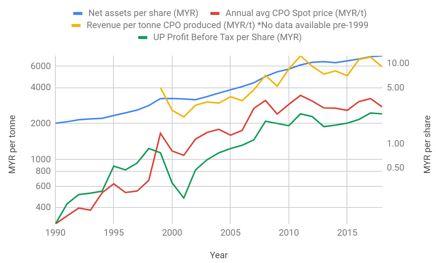Kingstone: A simple New York homeowners insurer
Kingstone Insurance
Kingstone Insurance (KINS) is a multi-line provider of personal and commercial insurance. The company distributes predominately through independent brokers and agencies with a high touch model. The vast majority of premiums underwritten today have been in the state of NY in home property insurance. More recently, the company has begun branching out into neighboring states such as Pennsylvania, Rhode Island and New Jersey.
What is unique about Kingstone is their willingness to operate with smaller rural agencies. While most insurance companies require significant minimum premium volumes for an insurance agent to qualify for commissions, Kingstone’s minimum for agents is 50k. This gives Kingstone a sticky and loyal base of independent insurance agents who originate new business for them year after year.
Kingstone transitioned from a mutual into its current form in 2009 and has since been growing premiums at 25% a year while producing a return on equity of 15-16% in years without hurricanes. When hurricane Sandy hit the New York area in 2012, they experienced mild losses but were still able to maintain a return of equity of 4%.
This streak continued up until the first quarter of 2019, when Kingstone had to restate reserves in its commercial lines business, where it was writing property insurance for small businesses. While commercial lines formed a minor part of their business, Kingstone clearly mispriced the risks here and had to restate its reserves, taking substantial losses. Fortunately, Kingstone has acknowledged its past mistakes, reorganized its claims management department and pulled back on new commercial business. The market however has reacted as if Kingstone’s business model is fundamentally broken. Over the next several quarters Kingstone should show that their core home property insurance business is just as profitable as it used to be and that it can continue its history of profitable growth by growing into adjacent states.
Underwriting
Kingstone has for a long time maintained a mix of roughly 80% personal and 20% commercial policies. As they have experienced reserving issues in the commercial segment, Kingstone will stop growing commercial policies and instead focus on its core homeowner and dwelling coverage business. Approximately half of their policies are written in Long Island / Westchester, with another 43% written in NYC. Long Island / Westchester is a particularly interesting market for Kingstone as major insurers pulled out of the market in the wake of Superstorm Sandy.
Thanks to an Ambest upgrade to A- in 2017, Kingstone is well prepared to continue its growth as this allows Kingstone to access a greater number of insurance agents to sell its home insurance product through (many insurance agents limit their insurance writing with companies that are rated A- or better). Kingstone has been growing premium at 25% per annum for the last several years and is likely to continue to grow premium by at least 20% per annum through a combination of growth in New York and Long Island / Westchester as well as expanding its agent base in upstate New York, Connecticut, …
Read more


